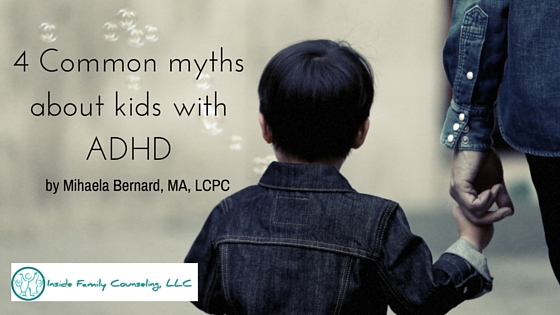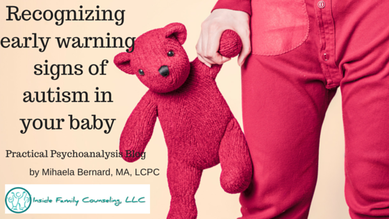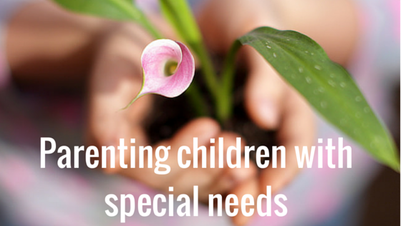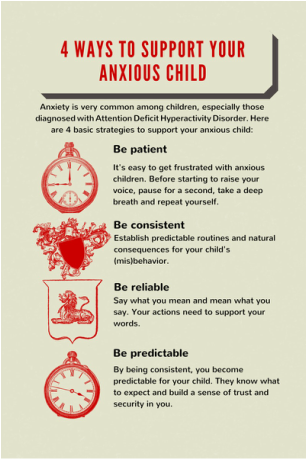- According to the Center for Decease Control and Prevention, 6.4 million children ages 4 to 17 were diagnosed with Attention Deficit Hyperactivity Disorder in 2011-2012, a 42% increase in diagnoses compared to 2003-2004.
- 3.5 million of those diagnosed were prescribed medication for the condition.
- ADHD is one of the most commonly diagnosed disorders in childhood and adolescence and it usually continues into adulthood.
- Many symptoms of ADHD resembled other mental health conditions and coincide with normal developmental behaviors, depending on the child's age.
Okay, now let's look at the 4 common myths about attention deficit hyperactivity disorder and go over a few suggestions on how to address them at home:








 RSS Feed
RSS Feed